E3 esports? It’s a thing. On this week’s episode of The Cooldown, we pick it apart. As many gaming enthusiasts would know, The Electronics Entertainment Expo (E3) is just around the corner — and esports plays a major role in the proceedings. The Cooldown has you covered with our hosts Jason and Andre. (Please note that I’m the other Daily Esports Jason, there’s two of us! He’s the Big Boss, and I’m just the small fry.)
That brings us to our community topic of the week which our hosts discussed: Do esports competitions have a place in E3? How do you feel about this?
Video Summary
Jason Lepine, the traditionalist, feels that it’s a bit odd to see major tourneys there. After all, anyone who’s paid attention to the gaming industry for the past two decades knows that the Electronic Entertainment Expo began as a simple conference for developers. Back in 1995, it was a means to advertise and present new products.
Fast forward to the present day and E3 has turned into a massive event on its own. It’s a media phenomenon highlighted by insanely expensive production values and the churning of the hype machine. Each and every year, it becomes the highlight of the industry. Gaming sites eagerly anticipate the news — such as our sister-site Destructoid already covering pre-E3 proceedings. Meanwhile, gamers know this is the time of the year to be excited about news and updates.
E3, to Jason, does not speak to the esports crowd. It seems drastically different from how it has usually been. Mainstream and traditional gaming coverage, especially during the E3 season, is also less about stiff competition, and more about new products.
Jason recalls when he watched the Video Game Awards the past couple of years when the “Best Esports Team” award came up, feeling it was suddenly shoehorned in. Esports just doesn’t mesh well with the larger gaming crowd that follows these types of occasions.
Competition in E3
The debate then addresses the necessity of bringing esports into the fold. Do competitive events really belong in the convention? Or should the summit remain the same way it has been for the past many years?
Andre, Jason’s co-host, notes that it’s amazing due to the changing of the times. Surprising, yes, but also expected given how big esports has become. Andre even notes how crazy it is that developers such as Tencent would feature Arena of Valor as a competitive event in E3. The winners of this invitational would then go on to the game’s World Cup in July. They’d be vying for a prize pool of $550,000! Even Andre is shocked at how the contest would transpire as it’s a mobile game anyone could play while on the toilet. Now, it’s a big-time feature! He’s totally fine with it being in the expo since esports is essentially part of the broader gaming industry.
It’s worth noting that, in the past, “competition” in E3 was between developers showing off their creations. There’s a reason why publications write about Microsoft winning E3, or wait, Sony was actually victorious. Nope — maybe Nintendo won instead. You know what, let’s just leave it as an open-ended question. Competition can also be in the form of college students presenting ideas and new games they’d like to make. Winners got to showcase their creations on the floor.
In terms of strict player-versus-player competition though, well these were either done via meetups or invitation-only mini-tournaments for members of the industry. It was a means to just engage fans of a game and test the waters — like when Nintendo had a Super Smash Bros. tournament back in E3 2014. Jason also remembers how Nintendo had a speedrunning competition for industry insiders. It was a good combination of competition and just plain fun.
The growth of esports
Last year, however, changed everything. E3 opened the floodgates, literally and figuratively — when the general public was admitted to the convention for the first time ever. With more attendees and streaming coverage round-the-clock — thanks internet — it also meant that the event reached more gamers than ever before. Naturally, developers explored new forms of engagement, such as when Twitch and T-Mobile promoted Tekken 7, Street Fighter, and Injustice 2 via tournaments. MOBA game Vainglory and shooter game Quake Champions were also featured in E3’s Esports Zone.
This year, however, takes things up a notch. Apart from Arena of Valor, several other games will feature their own contests. Super Smash Bros. will have its own Switch tournament. Splatoon 2 will also have its World Championship during the convention. Meanwhile, Fortnite will have a massive Pro-Am event where streamers and celebrities face off for charity. Having athletes such as Paul George, Demetrious Johnson, and Xavier Woods, battling actors Ron Funches, Liam McIntyre, and Joel Mchale will definitely be a must-watch.
Oh, and those old “off-the-corner in booth #999” tourneys that happened in past years? Say goodbye to those. With the second year of the E3 and Electronic Sports League (ESL) deal, we’re now going to see the events unfold in the E3 ESL Arena.

My 2 cents: Do esports belong at E3?
So what does our other Jason (me) think? Well consider this — historically, E3 started out small and then expanded. It was a general conference for the industry before transforming into a phenomenon. It became the major event of the year, watched and anticipated by millions. Replace the word “E3” with “Esports” and we can see the similarities.
Esports started out small — hell, even Starcraft, one of the granddaddies of competitive gaming, didn’t set the world on fire when it was featured in E3 back in 1996. Then it became South Korea’s “unofficial national sport.” Esports, in general, is an ever-growing and ever-changing phenomenon, and developers look into adopting an approach that allows for maximum coverage. What better way to do that than in the biggest gaming convention in history?
Both hosts have presented viewpoints that truly have merit. It’s hard to agree with one and disregard the other. In fact, I’d say I agree with both. E3 still has a traditional/core audience and mission that are notable. Grand competitions are welcome, but these shouldn’t take precedence over what E3 has usually been about — video game news, hype, fears, and dev-vs-dev action. At the same time, we must also consider that esports is expanding exponentially (another “E3” if you will), and it should have a place during the event as it is a legitimate part of the gaming industry.
Will esports eventually mesh well with what traditional or non-competitive gaming has been these past decades? Only time will tell. The success or failure of esports in E3 will show how much the audience is ready to accept it.
Do you think esports competitions should be a major part E3? Let us know.


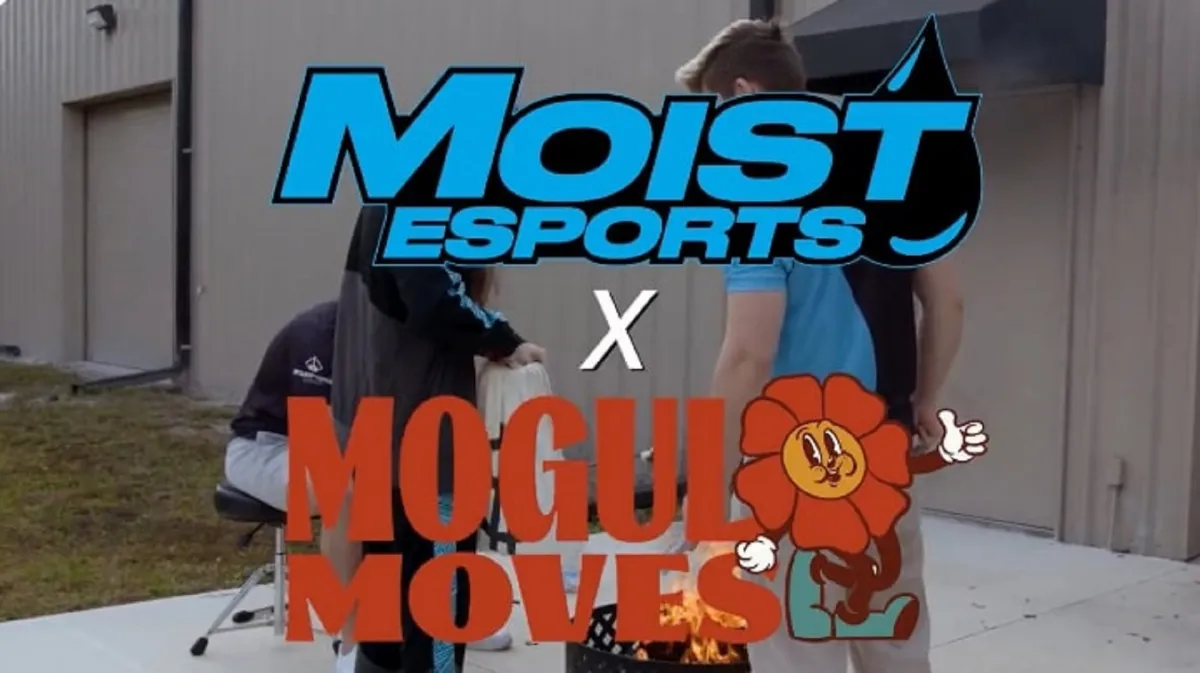
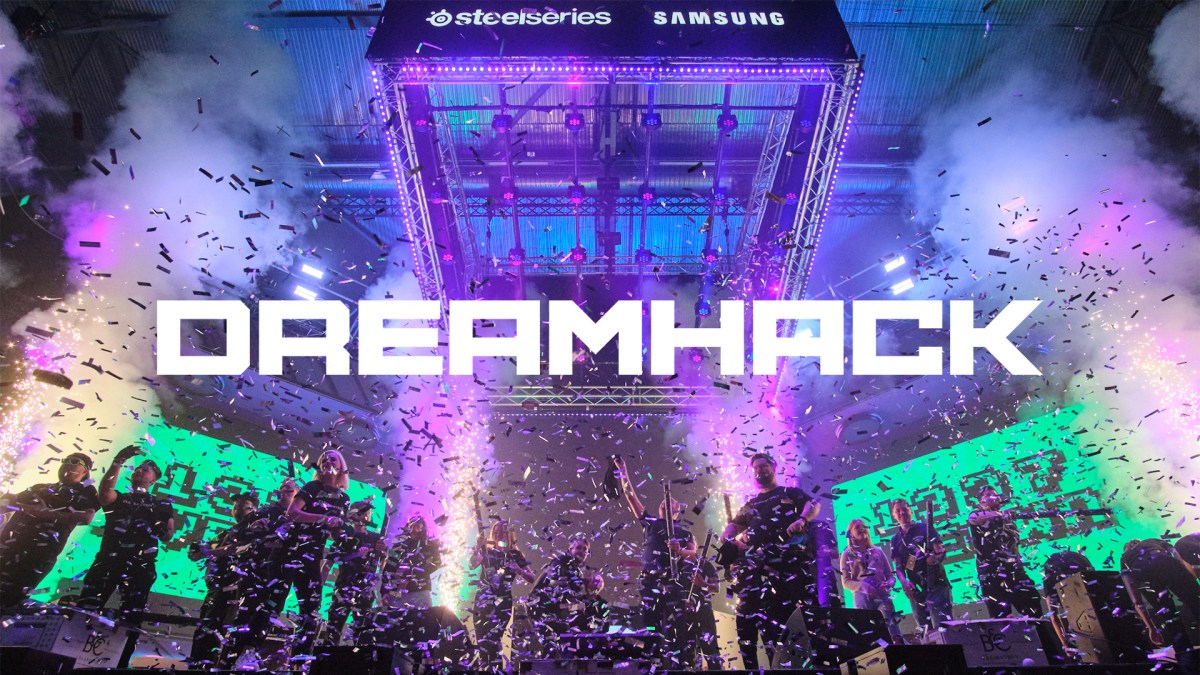
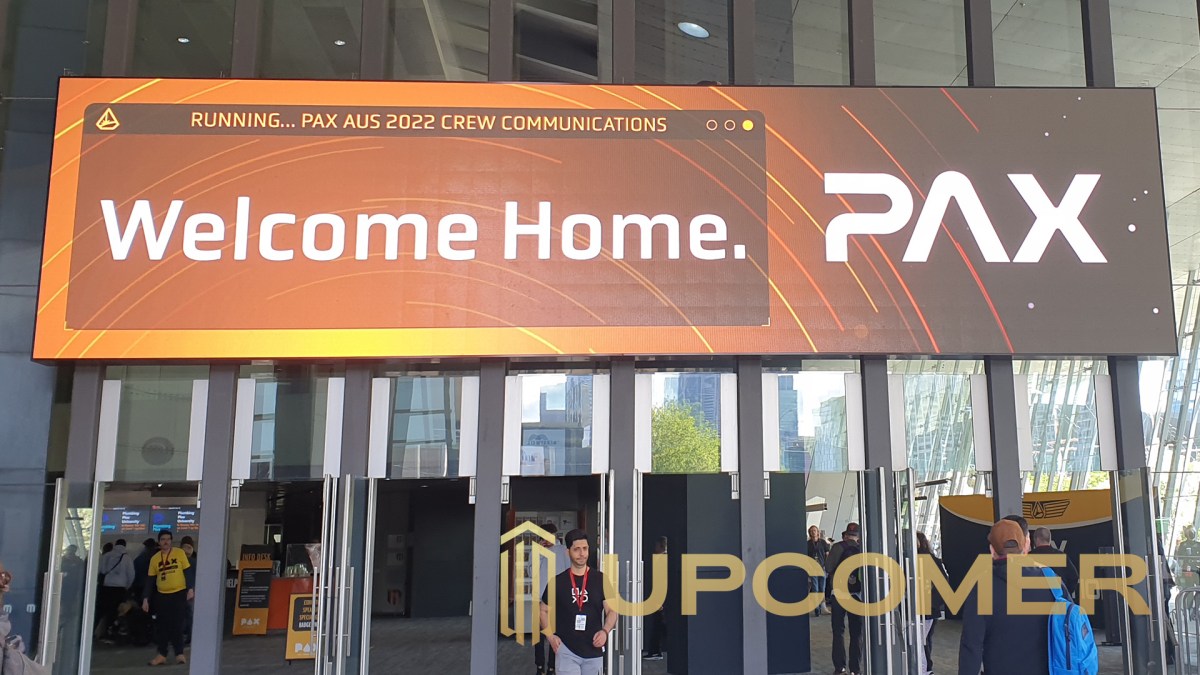


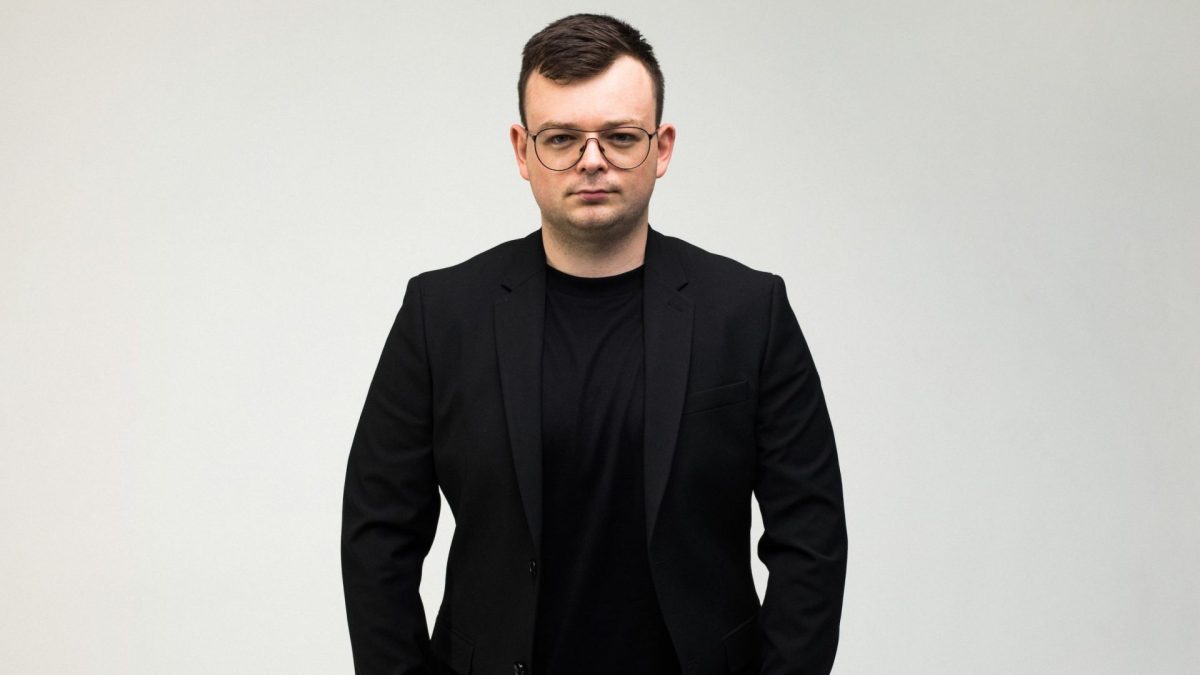

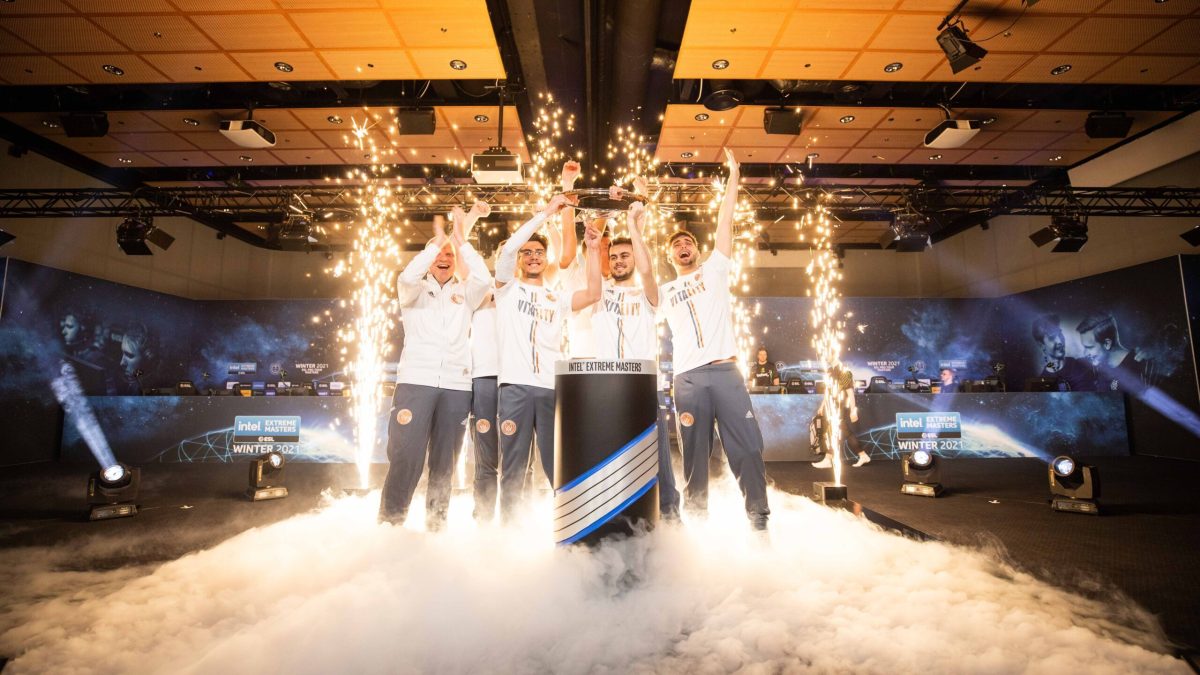
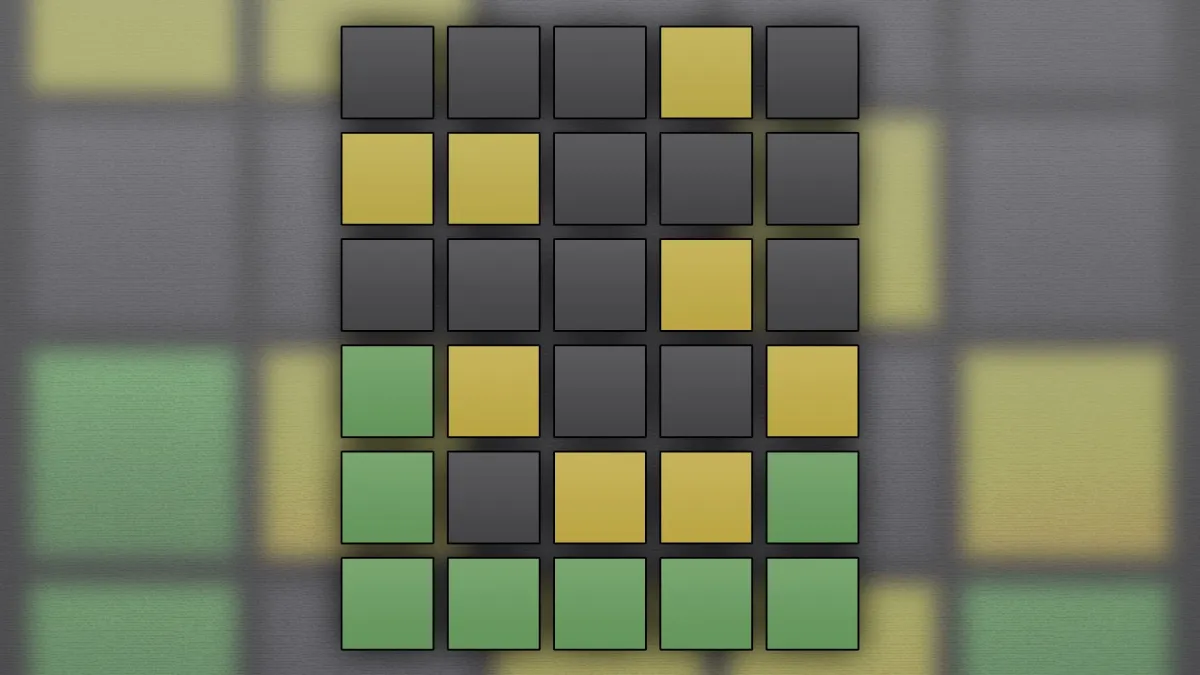
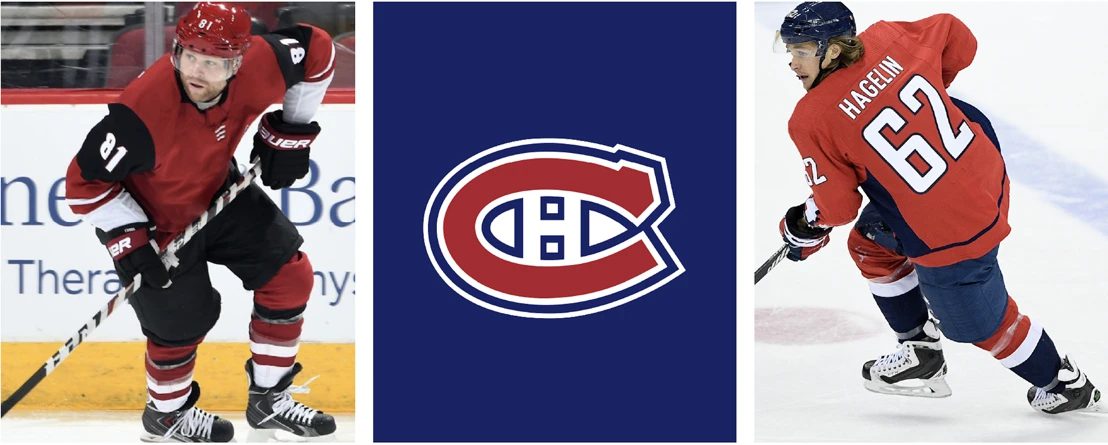

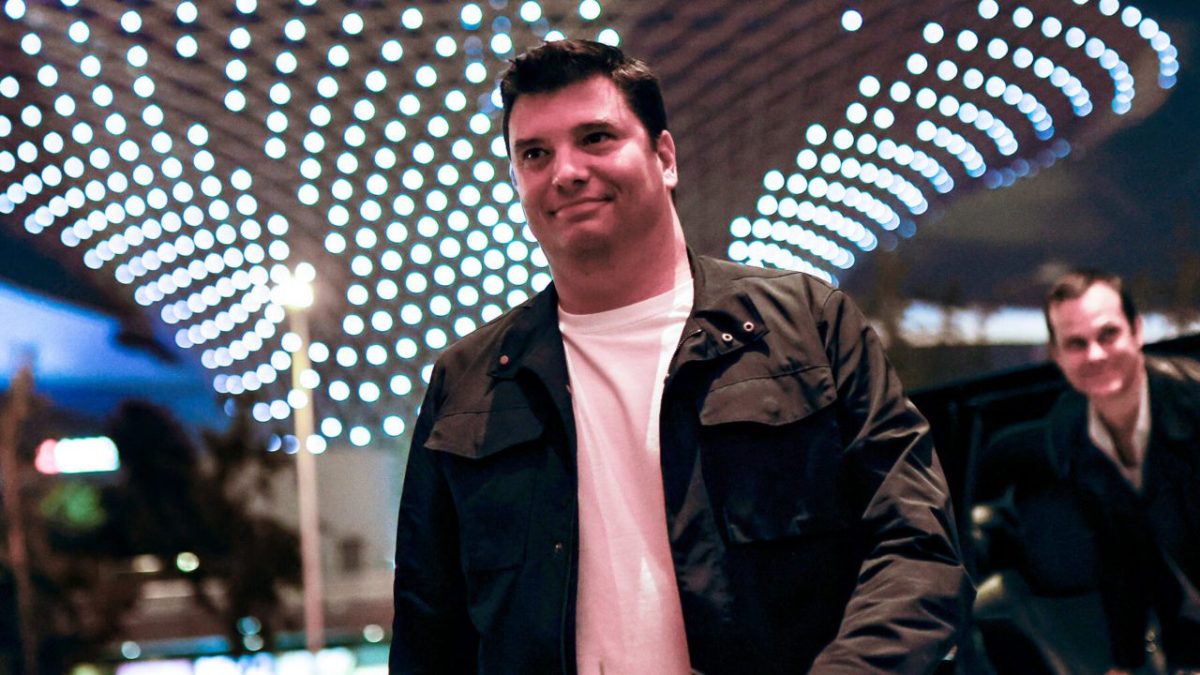
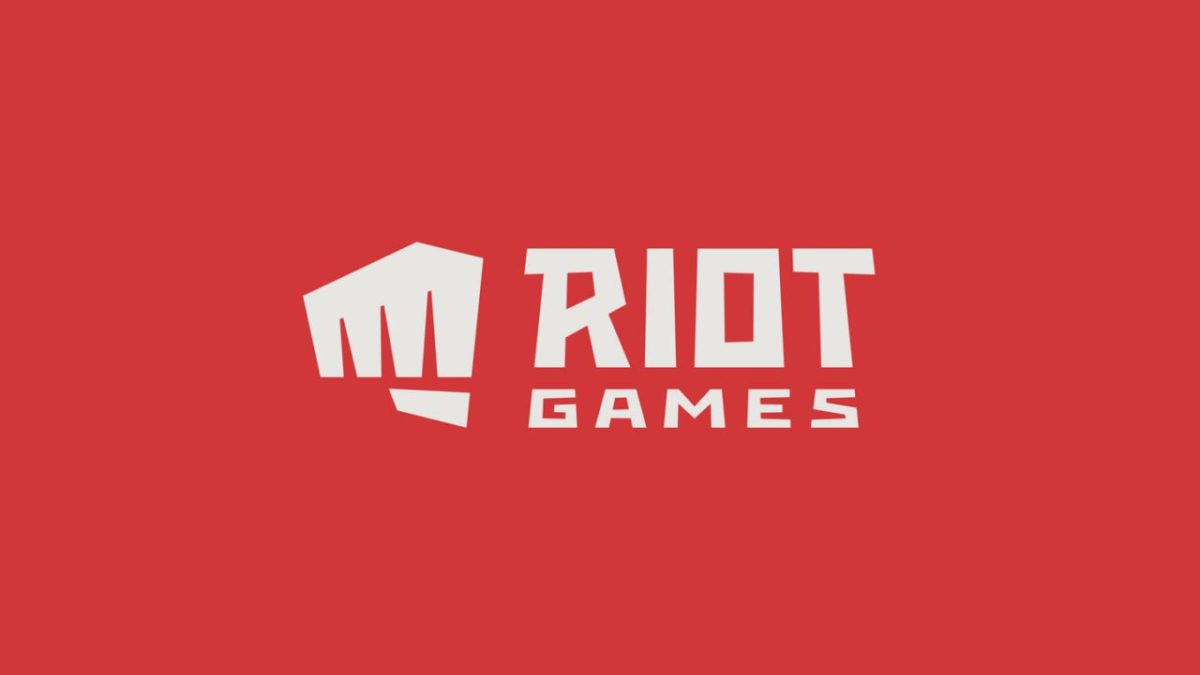
Published: Jun 8, 2018 07:48 am